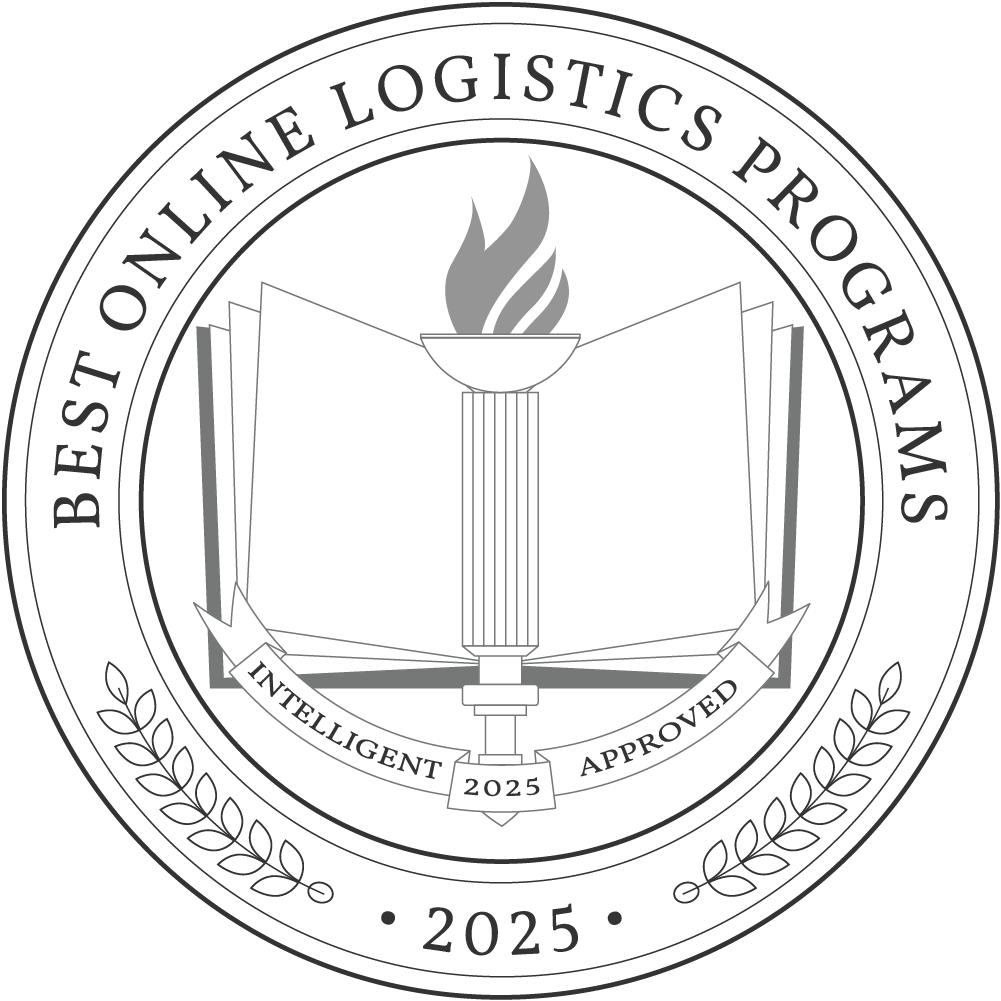Completing an online logistics degree program prepares students for supply chain management and operations careers. Logistics is a fast-growing industry, and logisticians make an average of $79,400 annually, according to the Bureau of Labor Statistics (BLS). Industrial production managers make an average of $116,970 annually and focus on the operational processes inside manufacturing facilities.
Logistics programs are available at the associate, bachelor’s, and master’s degree levels. Full-time students can expect to complete an associate or master’s degree program in two years; a bachelor’s degree generally takes four years. The average annual cost of tuition is $14,688 for undergraduate programs and $20,513 for graduate programs.
Why Trust Us
The Intelligent.com Higher Education Team is dedicated to providing students with independent, equitable school and program rankings and well-researched resources. Our expert-driven articles cover topics related to online colleges and programs, paying for school, and career outlooks. We use data from the U.S. Department of Education’s College Scorecard, the National Center for Education Statistics, and other reputable educational and professional organizations. Our academic advisory team reviews content and verifies accuracy throughout the year for the most current information. Partnerships do not influence rankings or editorial decisions.
- Analyzed over 2,000 national, accredited, and nonprofit colleges and universities
- 800+ rankings pages are reviewed and updated yearly
- Content is informed by reputable sources, surveys, and interviews with academic advisors and other experts
- Over 100 data points are reviewed for accuracy and quality throughout the year, including sources
How we rank schools
Our list features the best online Logistics degree programs at top colleges nationwide. Each school featured is a nonprofit, accredited institution — either public or private — with a high standard of academic quality for post-secondary institutions.
We evaluated each school’s program on tuition costs, admission, retention and graduation rates, faculty, reputation, and the student resources provided for online students. We collected data from trusted sources like the National Center for Education Statistics, individual school and program websites, school admissions counselors, and other data sources. Then, we calculated the Intelligent Score on a scale of 0 to 100 based on the following criterion:
Academic Quality:
- Admission rate versus enrollment rate
- Retention rate of students who return after year one
- Accreditation status (regional and programmatic)
- Nonprofit status, both private and public institutions
Graduation Rate
- Overall graduation rate
- Total number of currently enrolled students, including diversity metrics
- Student-to-faculty ratio
Cost and ROI
- In-state and out-of-state per-credit tuition rates and fees
- Required credits to graduate
- Earning potential after graduation
- Availability of federal student loans, scholarships, and other financial aid options
Student Resources
- Available student services for online-only and hybrid programs
- On-campus amenities like tutoring centers and the number of libraries
Read more about our ranking methodology.
Best 21 Accredited Online Logistics Programs
FiltersInstitution Type
Status
- Intelligent Score
- Alphabetically By University Name
- Acceptance Rate
- Enrollment
- In-state Graduate Tuition
- Out-of-state Graduate Tuition
- In-state Undergraduate Tuition
- Out-of-state Undergraduate Tuition

Florida International University
Intelligent Score: 99.04In-state: $4,721
Out-of-state: $16,529
In-state: $8,912
Out-of-state: $8,912
SAT: 1110-1260
ACT: 23-29
In-State: $235
Out-of-State: $648
Online
Association to Advance Collegiate Schools of Business
120
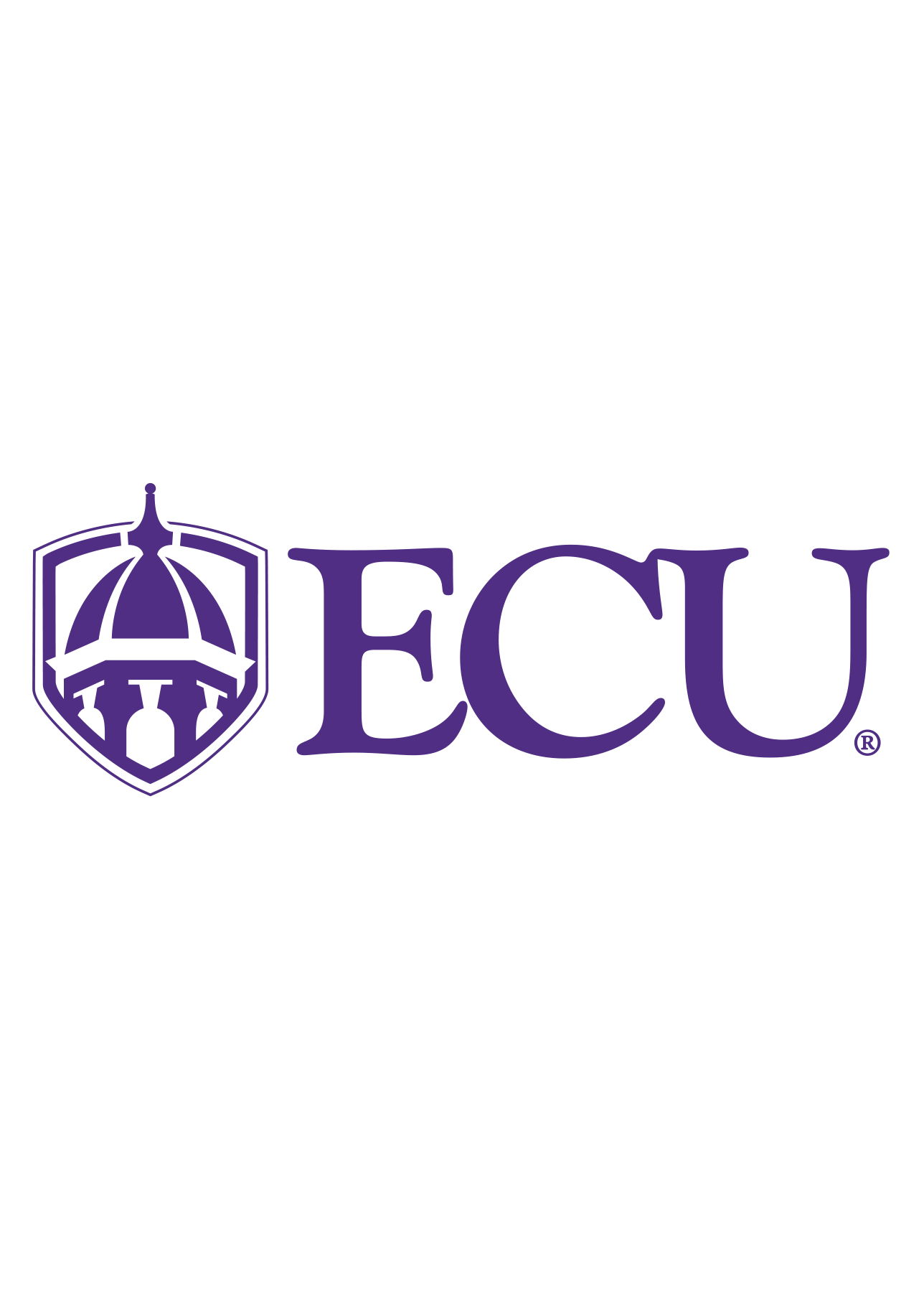
East Carolina University College of Engineering and Technology
Intelligent Score: 98.28In-state: $4,452
Out-of-state: $20,729
In-state: $4,749
Out-of-state: $4,749
SAT: 1020-1170
ACT: 19-24
In-State: $204
Out-of-State: $883
Online, On-Campus
Association of Technology, Management, and Applied Engineering
120

Embry - Riddle Aeronautical University
Intelligent Score: 97.4In-state: $36,456
Out-of-state: $36,456
In-state: $18,228
Out-of-state: $18,228
SAT: 1140-1320
ACT: 23-29
$836
Online, On-Campus
Southern Association of Colleges and Schools Commission on Colleges
120
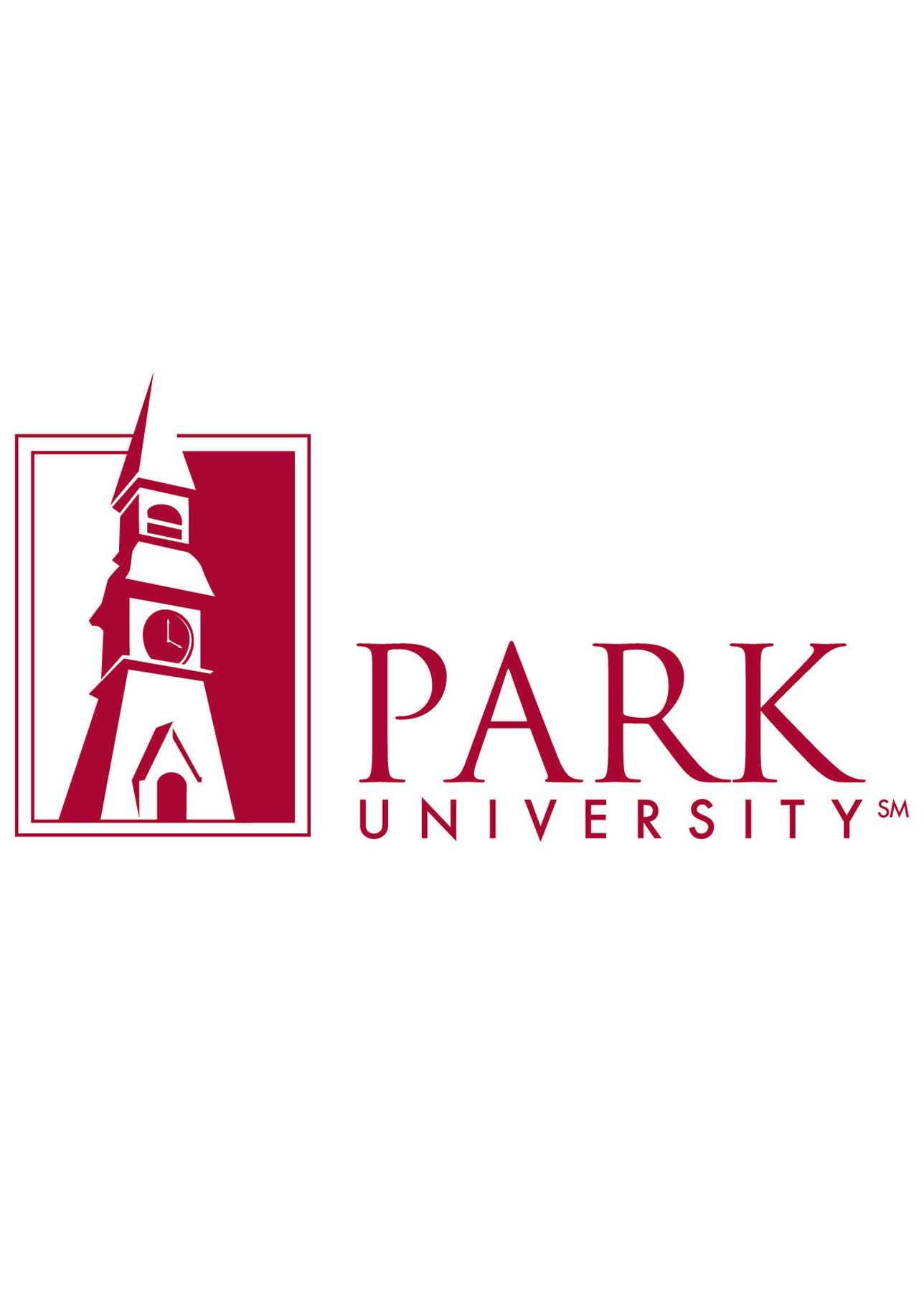
Park University
Intelligent Score: 92.79In-state: $8,251
Out-of-state: $8,251
In-state: $6,224
Out-of-state: $6,224
SAT: N/A
ACT: N/A
$550
Online, On-Campus
Accreditation Council for Business Schools and Programs
120

Arizona State University
Intelligent Score: 91.73In-state: $10,710
Out-of-state: $28,800
In-state: $11,720
Out-of-state: $11,720
SAT: 1100-1320
ACT: 21-28
$563
Online, On-Campus
Association to Advance Collegiate Schools of Business
120
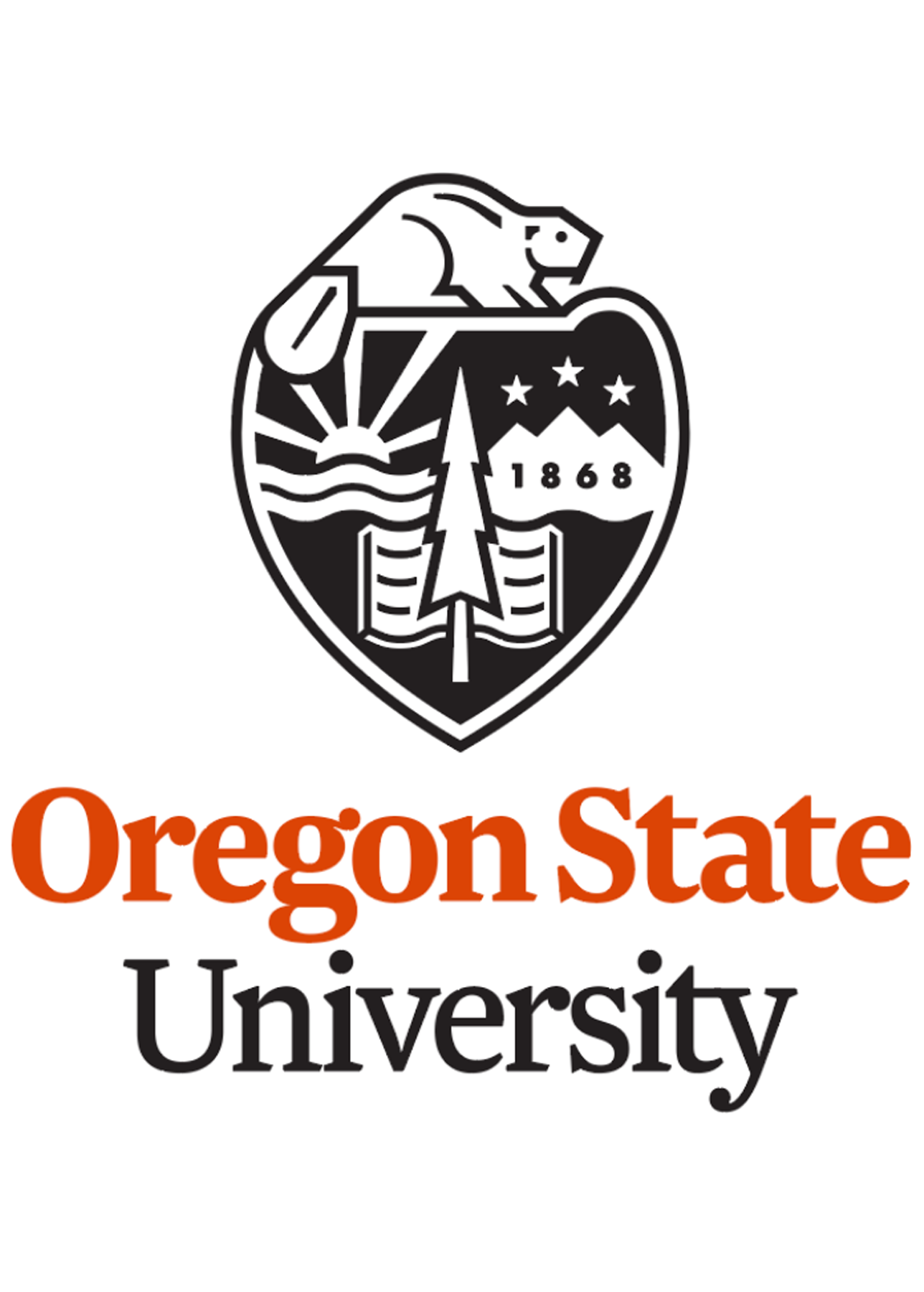
Oregon State Ecampus
Intelligent Score: 91.71In-state: $9,846
Out-of-state: $29,445
In-state: $13,257
Out-of-state: $13,257
SAT: 1080-1310
ACT: 21-29
$375
Online, On-Campus
Association to Advance Collegiate Schools of Business
120
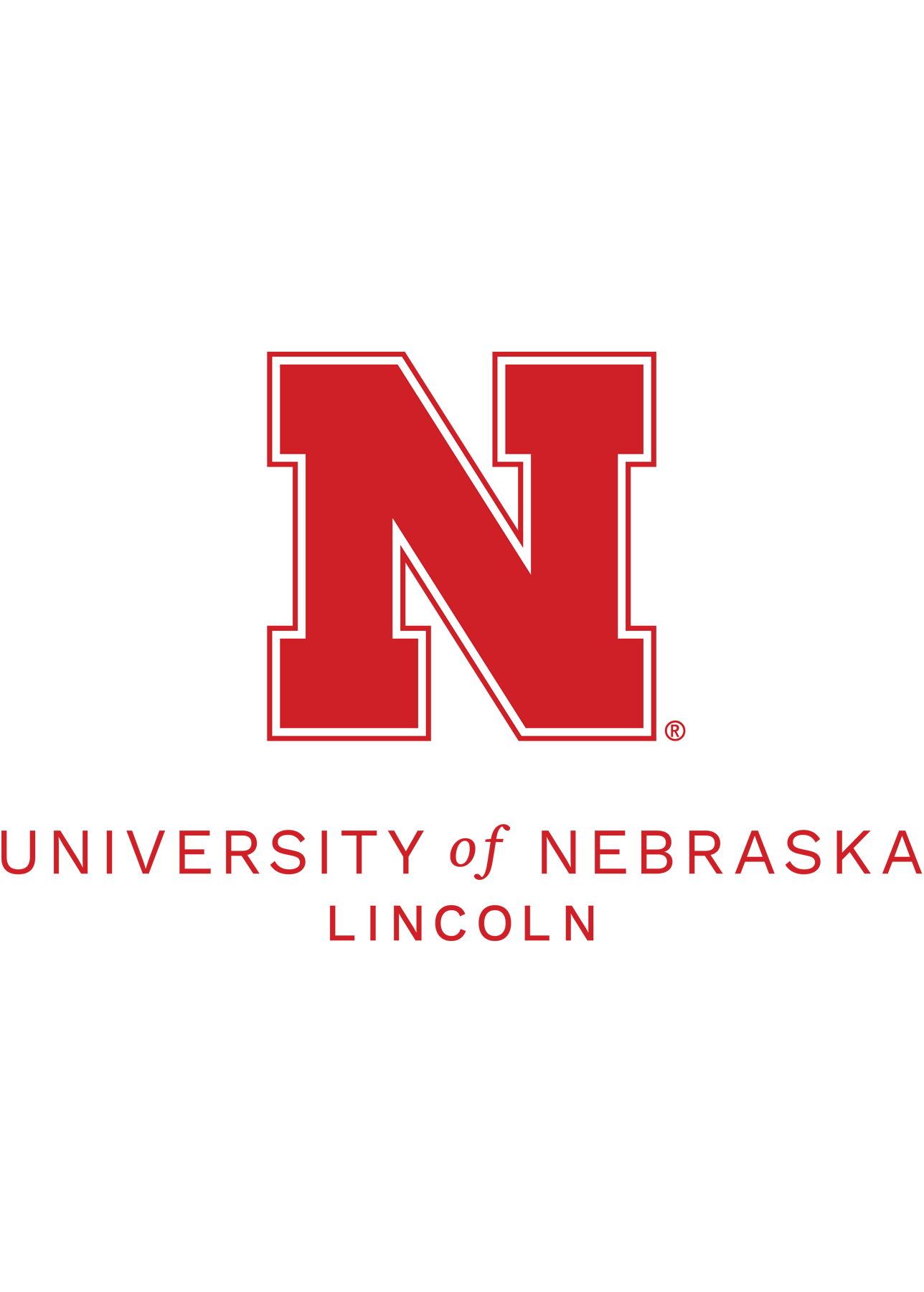
University of Nebraska Omaha
Intelligent Score: 91.54In-state: $7,770
Out-of-state: $24,900
In-state: $6,138
Out-of-state: $6,138
SAT: 1110-1320
ACT: 22-28
Resident: $316
Non-Resident: $732
Online
Association to Advance Collegiate Schools of Business
120
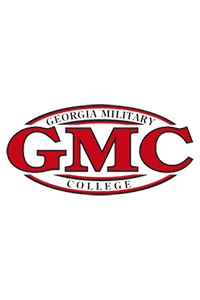
Georgia Military College
Intelligent Score: 88.45In-state: $19,058
Out-of-state: $19,058
In-state: NA
Out-of-state: NA
SAT: 920
ACT: 19
$169
Online
Southern Association of Colleges and Schools Commission on Colleges
120-127

Florida State College at Jacksonville
Intelligent Score: 87.4In-state: $14,649
Out-of-state: $21,703
In-state: NA
Out-of-state: NA
SAT: Not Required
ACT: Not Required
Resident: $116
Non-Resident: $227
Online
Accreditation Council for Business Schools and Programs
120
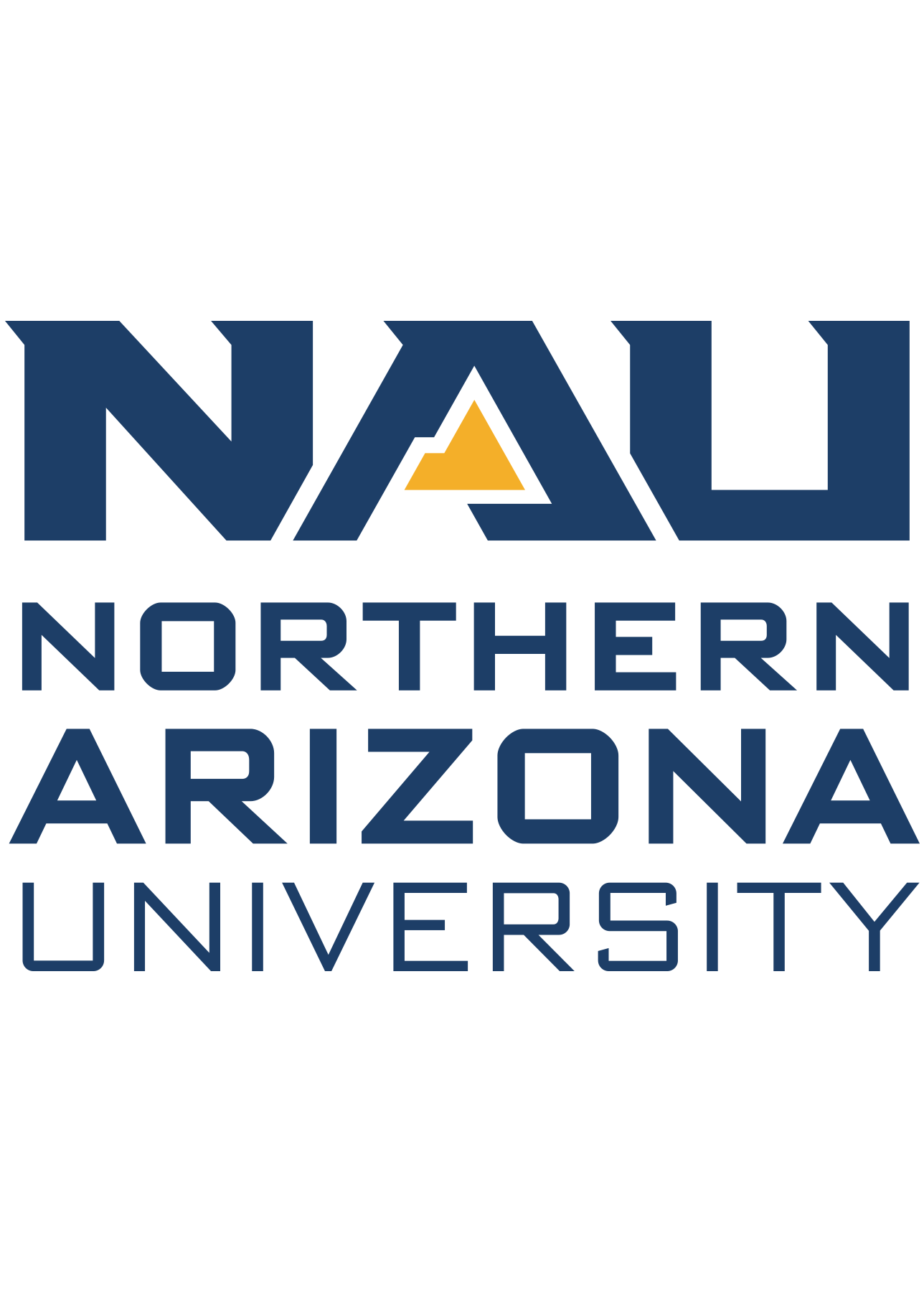
Northern Arizona University
Intelligent Score: 87.14In-state: $10,243
Out-of-state: $16,248
In-state: $10,309
Out-of-state: $10,309
SAT: N/A
ACT: N/A
$378
Online, On-Campus
Accreditation Council for Business Schools and Programs
120
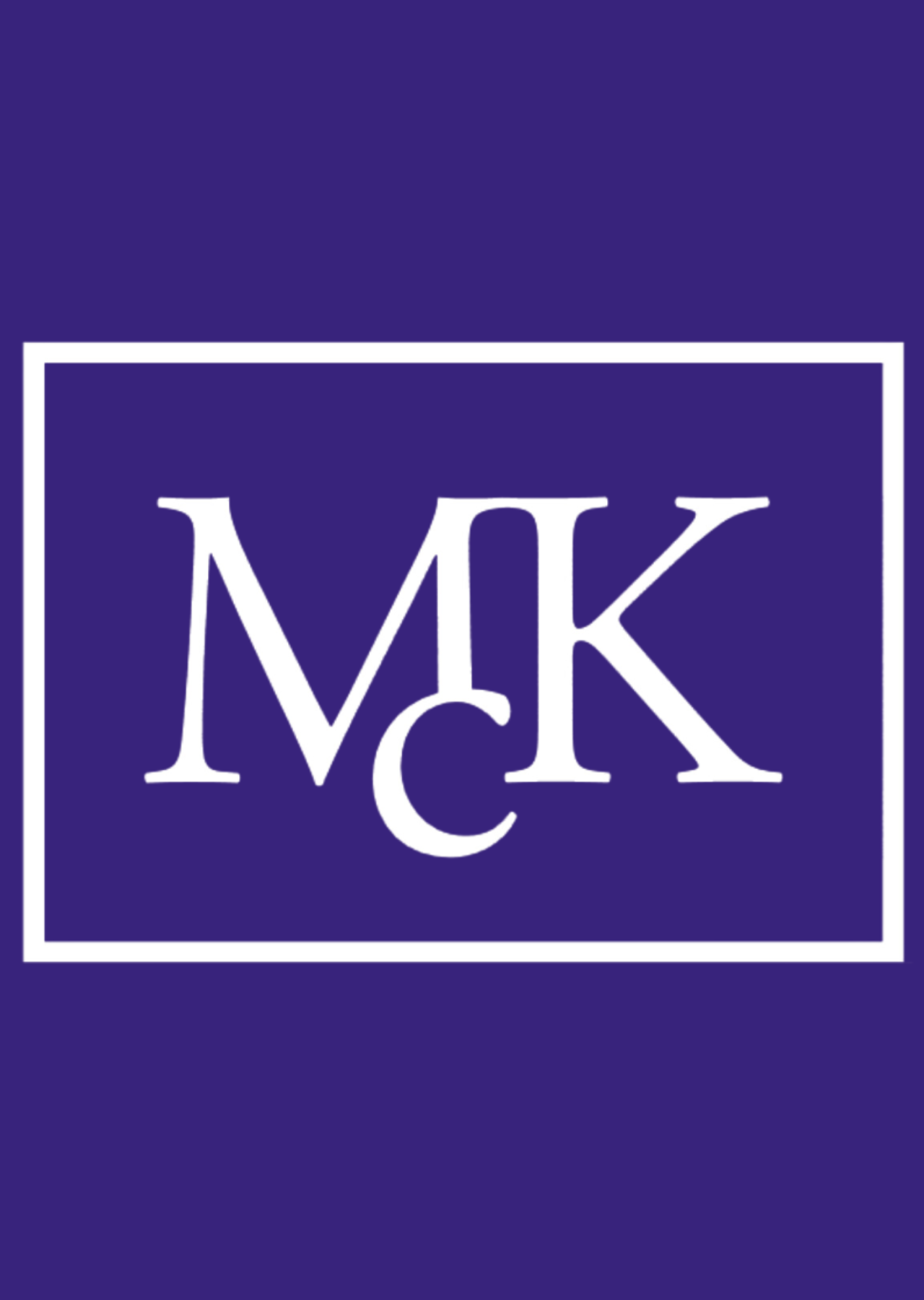
McKendree University
Intelligent Score: 86.57In-state: $31,100
Out-of-state: $31,100
In-state: $9,324
Out-of-state: $9,324
SAT: 871-1277
ACT: 18-28
$410
Online
International Accreditation Council for Business Education
120

McKendree University
Intelligent Score: 85.02In-state: $9,482
Out-of-state: $26,470
In-state: $9,328
Out-of-state: $9,328
SAT: N/A
ACT: N/A
In-Stae: $336Out-Of-State: $561
Online, On-Campus
Association to Advance Collegiate Schools of Business
120
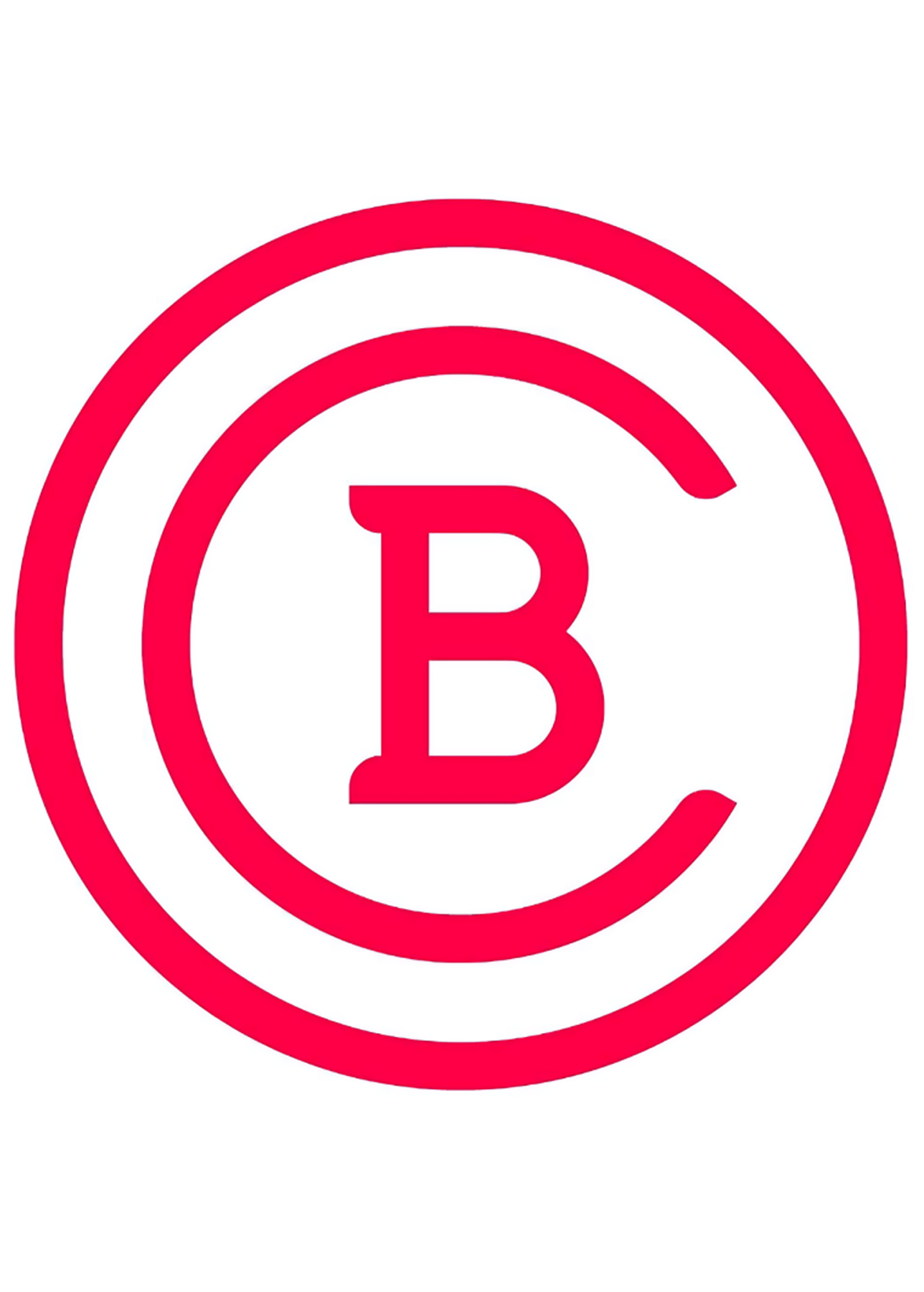
Baker College
Intelligent Score: 84.95In-state: $9,960
Out-of-state: $9,960
In-state: $12,510
Out-of-state: $12,510
SAT: N/A
ACT: N/A
$450
Online
International Accreditation Council for Business Education
120
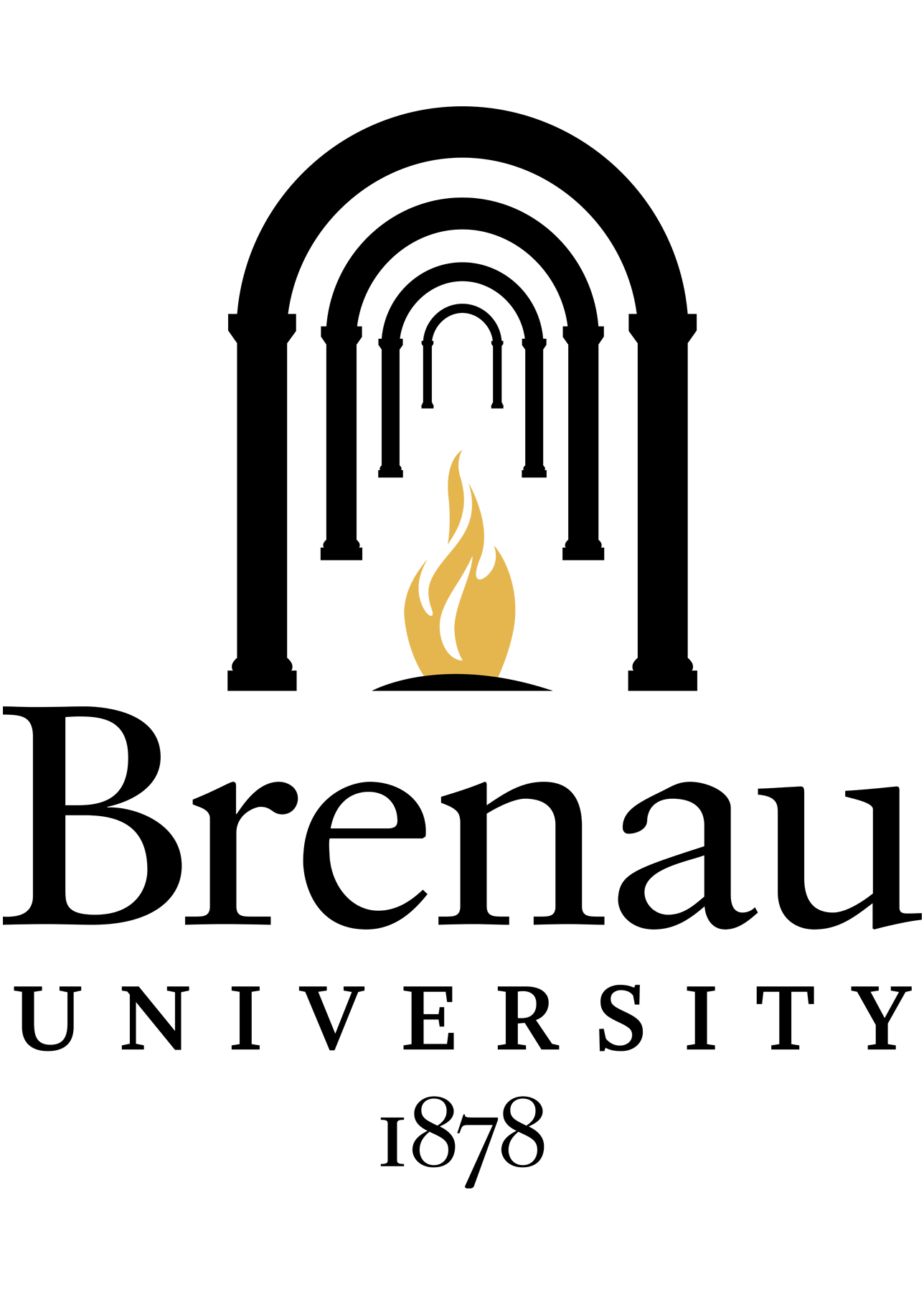
Brenau University
Intelligent Score: 84.59In-state: $30,000
Out-of-state: $30,000
In-state: $13,356
Out-of-state: $13,356
SAT: 930-1160
ACT: 17-23
$754
Online, On-Campus
Accreditation Council for Business Schools and Programs
120
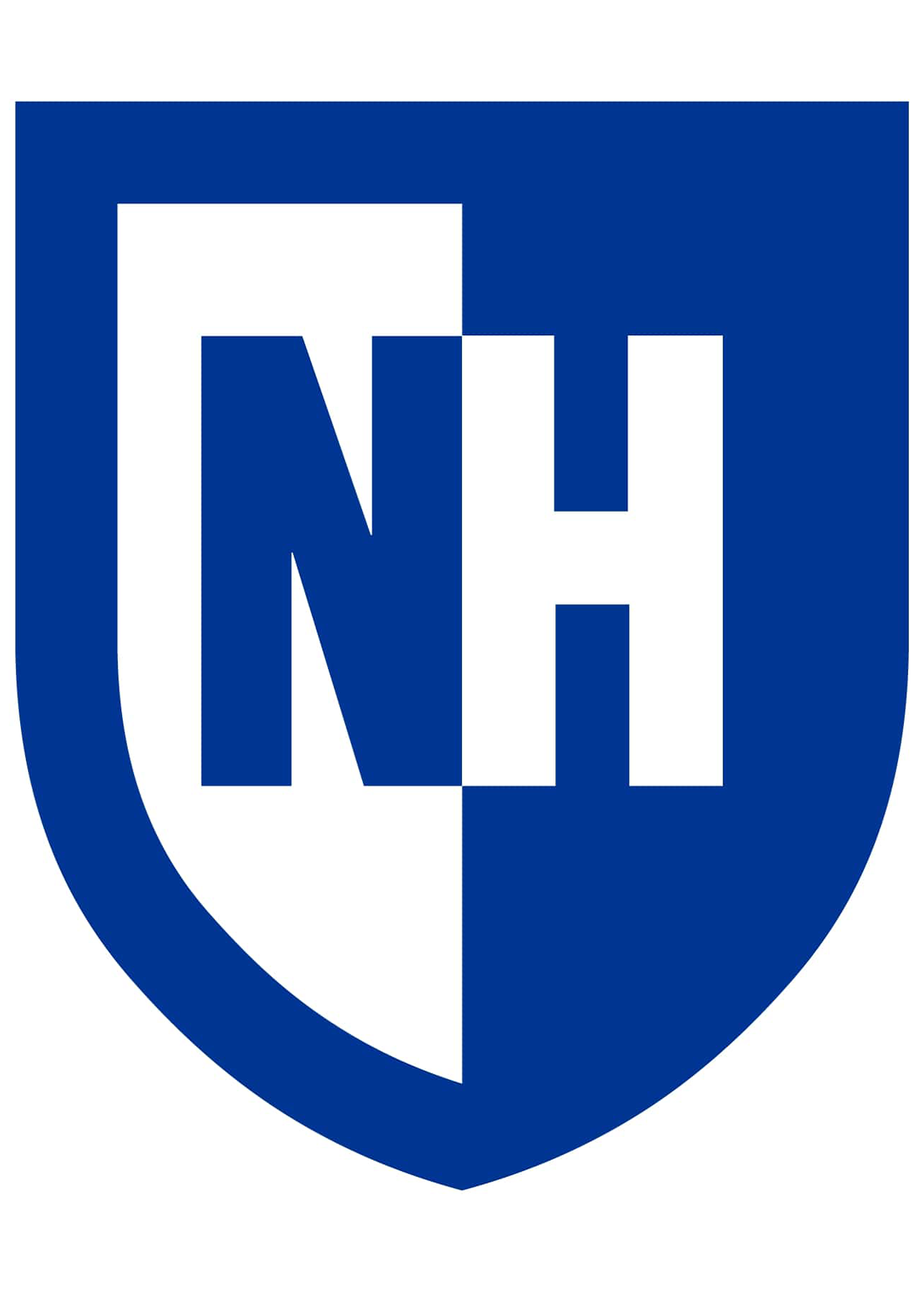
UNH CPS Online
Intelligent Score: 83.37In-state: $15,520
Out-of-state: $32,860
In-state: $14,170
Out-of-state: $14,170
SAT: 1090-1280
ACT: 24-30
Resident: $314
Non-Resident: $379
Online
New England Commission of Higher Education
120

Saint Leo University
Intelligent Score: 83.33In-state: $23,990
Out-of-state: $23,990
In-state: $14,568
Out-of-state: $14,568
SAT: N/A
ACT: N/A
$410
Online, On-Campus
Accreditation Council for Business Schools and Programs
120
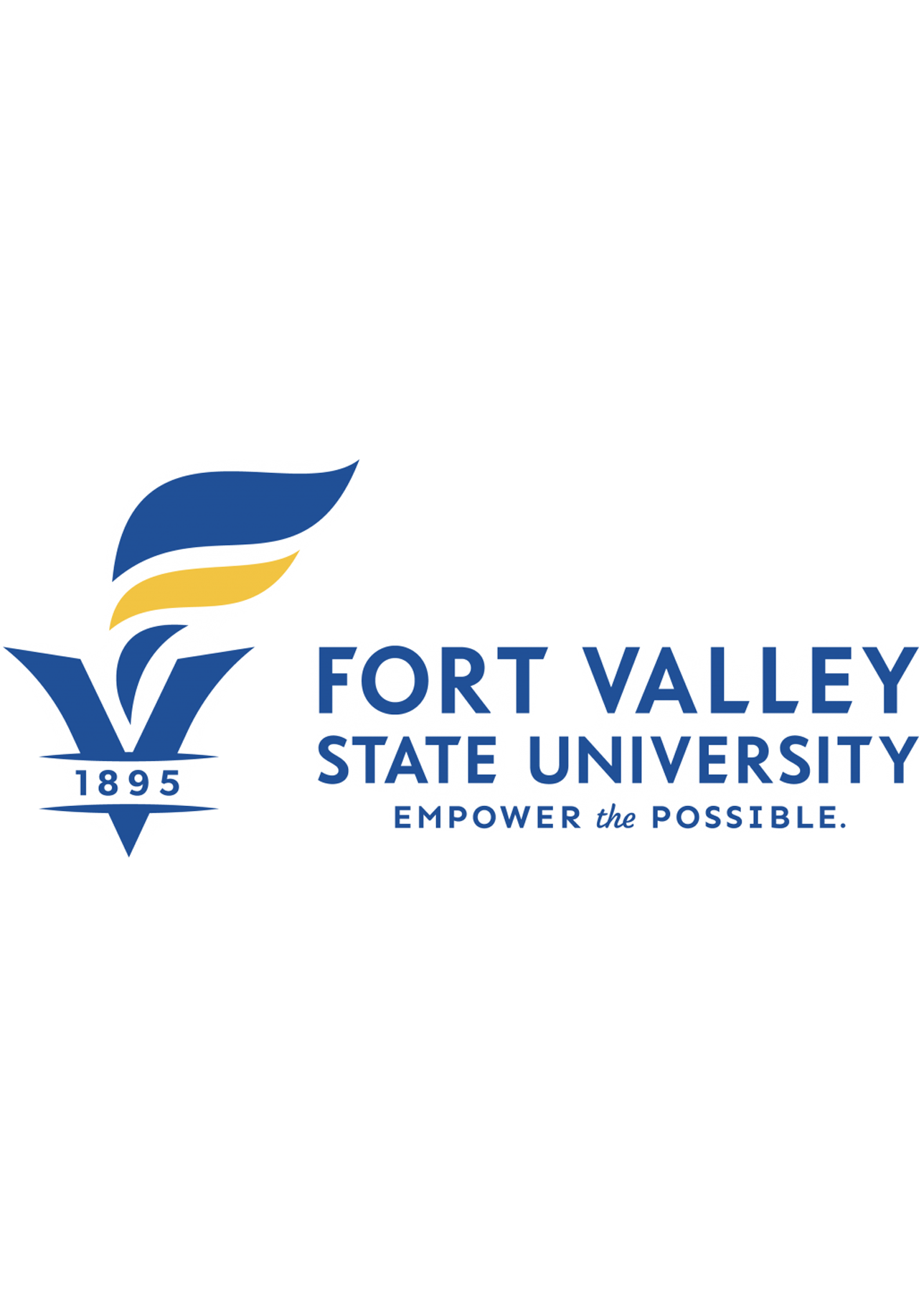
Fort Valley State University
Intelligent Score: 83.18In-state: $4,064
Out-of-state: $14,786
In-state: $4,344
Out-of-state: $4,344
SAT: N/A
ACT: N/A
In-State: $169Out-Of-State: $616
Online
Southern Association of Colleges and Schools Commission on Colleges
125
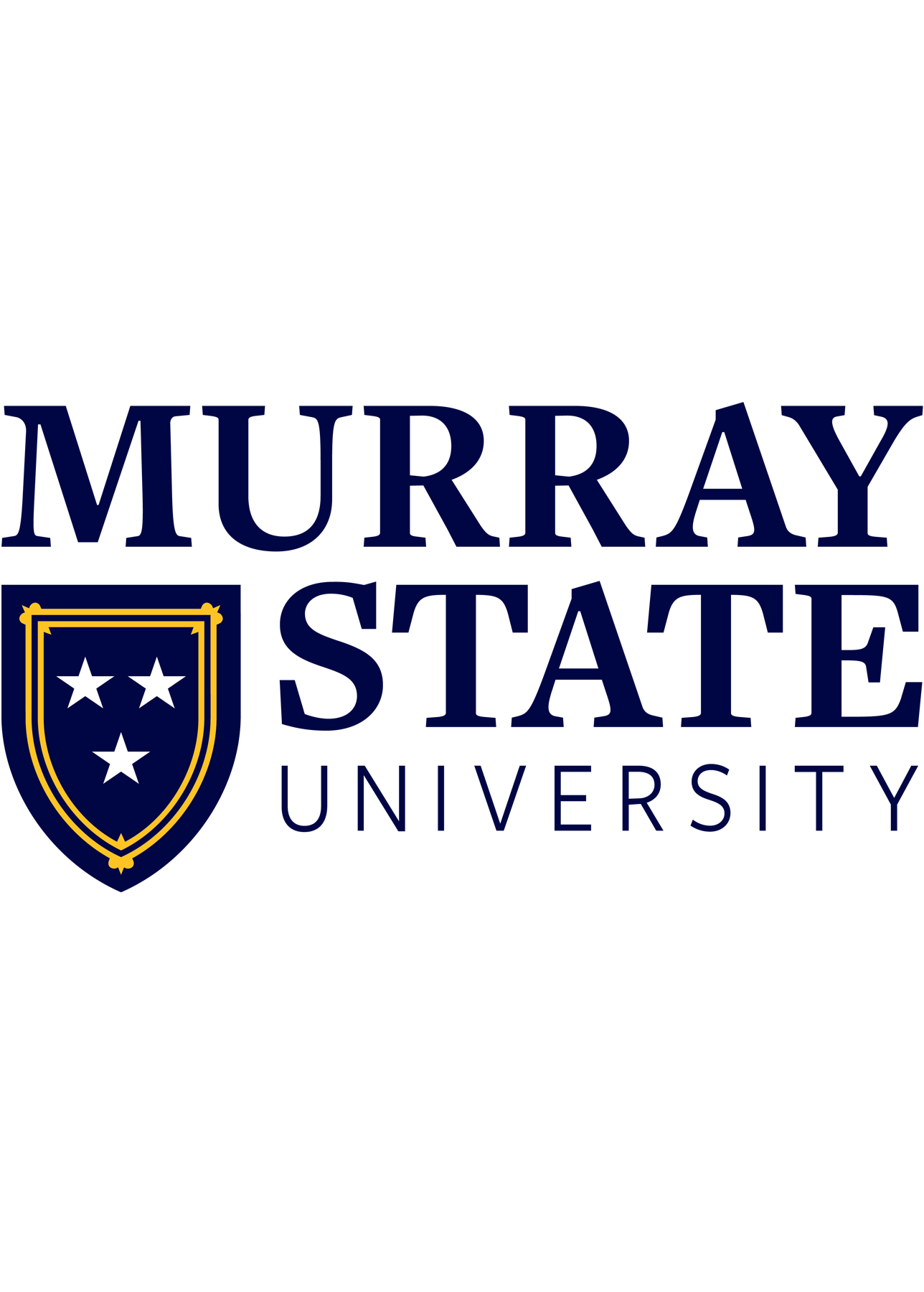
Murray State University
Intelligent Score: 83.08In-state: $7,968
Out-of-state: $17,148
In-state: $7,981
Out-of-state: $7,981
SAT: 1020-1230
ACT: 21-27
Resident: $404
Non-Resident: $614
Online
Association to Advance Collegiate Schools of Business
120
How to Choose an Online Logistics Program
Choose your area of study
Online logistics programs cover everything from supply chain management to global transportation. If you plan on working in management, a concentration in operations can give you the background you need to succeed. Other potential focus areas include manufacturing, procurement, and transportation systems. Think about what you want to do daily in your career, and work backward to determine which concentration is the best fit.
Research schools and programs
Colleges often charge nonrefundable application fees, so researching schools and narrowing down the field can help you save time and money.
You should only apply to institutions that have been approved by a DOE-recognized regional accrediting organization, such as the New England Commission of Higher Education or Northwest Commission on Colleges and Universities. These organizations evaluate schools to ensure they provide students with a high-quality education. Those who attend a school that isn’t regionally accredited may be unable to access financial aid or transfer credits to another institution if needed.
Ideally, your online logistics program will also be accredited by a respected industry group like the Association for the Advancement of Collegiate Schools of Business (AACSB) or the Accreditation Council for Business Schools and Programs (ACBSP). These programmatic accrediting organizations have particularly high standards for business education.
To learn more about any schools that you’re interested in, you can visit the school’s website, contact an admissions counselor, follow the school on social media, or attend an in-person or virtual open house.
Prepare for tests and applications
Application requirements vary by school and program. Certification and associate degree programs generally don’t require anything specific beyond a high school diploma and transcripts. A bachelor’s degree program may require letters of recommendation from previous teachers, a personal statement, and a specific GPA or SAT/ACT score.
Some schools require a specific GRE score for admittance to graduate programs, and these programs may also ask for a portfolio of work to show that you can handle the course load. Talk to the admissions office at the college you’re considering to determine the exact requirements and application deadlines.
Select your program
Before making your final decision, review your needs and goals again. Do you plan to attend school full-time or part-time? Do you want your program to be as online as possible, or are you fine with a hybrid program that has a fair amount of in-person requirements? Some programs offer asynchronous courses, which can be completed at your own pace, while others only offer synchronous courses, which involve remotely attending lectures and completing assignments at the same time as other students — which of these two online learning formats do you prefer? Your school should accommodate your scheduling needs and learning preferences.
Determine how you’ll pay for your degree
Speak to financial aid counselors at the schools you’re interested in for the most accurate and specific information about tuition and other fees. The cost of postsecondary education is a barrier for many people, but programs and options are available to help increase affordability.
If you’re pursuing an associate, bachelor’s, or master’s degree, complete the Free Application for Federal Student Aid (FAFSA) application. This form is what most need-based scholarships are based on and how you qualify for federal grants and student loans. Private student loans are also available, and some schools offer payment plans for those who are self-funding their education.
To determine what kind of financial aid you may need, add up the cost of tuition, fees, and supplies and subtract any money you plan on paying yourself. What’s left must be covered by scholarships, grants, or student loans. It’s also possible to attend part-time and only take as many classes as you can afford at a time. Those who already work in the field should see if their employer offers a tuition reimbursement program as well.
What Can You Expect From an Online Logistics Program?
Logistics programs focus on teaching students the fundamentals of supply chain management, including procurement, transportation, and distribution. Certificate and associate degree programs focus on specific technical skills, while bachelor’s and master’s degree programs provide students with a greater breadth and depth of how the industry works. Students take classes on global trade practices, process optimization, and manufacturing planning and control.
At the bachelor’s and master’s degree levels, students may be required to complete an industry internship that can last an entire semester. Colleges also require bachelor’s degree students to complete general courses, such as advanced math and composition, as well as electives outside their area of study.
Certificate programs require nine to 18 credit hours, while an associate degree requires around 60, depending on the institution. A bachelor’s degree requires approximately 120 credit hours. A master’s program can range from 30 to 60 credits and take one to three years to complete, depending on the program.
Potential courses you’ll take in an online logistics program
- Logistics, Transportation, and Distribution. This course introduces students to logistics principles and how they are used in supply chain management. It includes units on transportation systems and management, international trade, and cost and performance management. It also covers how technology impacts logistics, such as through GPS tracking and specialized industry software.
- Applied Logistics Analytics. This course teaches students how to use data to make managerial decisions. It’s an application-focused course that has students use what they’ve learned so far in real-world scenarios.
- Global Supply Operations. This course delves into global integrated supply chain management, including procurement, quality control, and customer service. It also explores sustainability, business ethics, and IT tools for supply chain management. Students work on applying these concepts to produce more efficient processes.
- Business Statistics. This class introduces students to basic statistics and how to apply these processes to business scenarios. It covers the different data types, data collection methods, and probability theory. Students learn how to calculate measures of central tendency and variability and how to represent their data in graphs and tables.
- Procurement of Services. This course covers the basics of procurement and its role in supply chain management, including service contracts, supplier relationship management, and cost analysis. Students also learn about risk management, international trade, and how artificial intelligence is used in the industry.
What Can I Do With an Online Logistics Degree?
Career outlook
In an increasingly connected world, workers with the skills needed to move goods safely and efficiently will be in high demand. Having a degree in logistics demonstrates to potential employers that you understand the key logistical principles of transportation planning, material storage, and more.
Many logistical roles are classified as management, a field that is expected to experience faster-than-average growth through 2032, according to the Bureau of Labor Statistics (BLS). The agency predicts that there will be, on average, 1.1 million job openings in this field per year over the next decade. Depending on the specific company and position, individuals may be able to obtain these jobs with a bachelor’s degree, or they may need to pursue further study at the graduate level to qualify for leadership roles.
An online logistics degree can qualify graduates for the following jobs:
- Logistician — Oversee activities related to purchasing, transportation, inventory, and warehousing, including organizing the movement of goods, people, and equipment and implementing software systems that help plan and track product movement.
- Median annual salary: $79,400
- Projected employment growth (through 2032): 18%
- New jobs projected: 21,800 per year
- Operation research analyst — Identify logistical problems and help managers decide how to allocate resources, develop production schedules, oversee the supply chain, and set prices.
- Median annual salary: $83,640
- Projected employment growth (through 2032): 23%
- New jobs projected: 9,800 per year
- Industrial production manager — Oversee the operations of plants, including coordinating, planning, and directing activities related to the manufacturing and shipping of various goods.
- Median annual salary: $116,970
- Projected employment growth (through 2032): 2%
- New jobs projected: 15,300 per year
Online Logistics Degree Frequently Asked Questions
How do I apply to an online logistics degree program?
Before you apply for an online logistics degree program, meet with an admissions counselor from the school to determine the exact requirements. In some cases, you may only need to provide your high school transcripts and basic information about yourself. However, some schools may require additional materials, such as test scores, an essay, or letters of recommendation.
If you’ve recently taken the SAT or ACT, your scores can determine your placement for math and English classes. Otherwise, the school may require a placement test of its own. Once you have everything you need, submit the application along with the fee (if required) by the deadline.
How much does an online logistics degree cost?
How much an online logistics program costs depends on the type of degree you’re pursuing. On average, the annual cost of tuition is $14,688 for undergraduate programs and $20,513 for graduate programs. Remember to also factor in the cost of books — which can be several hundred dollars per semester — and supplies.
How long does it take to earn an online logistics degree?
The more credit hours a program requires, the longer it takes to complete. Associate degrees require around 60 credit hours (or two years of full-time study), while bachelor’s degrees require double that at 120 (four years). Depending on the institution, these numbers can vary by five to 10 credits. A master’s degree can require 30 to 60 credit hours (one to two years).
Attending only part-time will extend how long it takes to complete the program, but breaking up the classes can be more accessible for students with jobs and families.
Is an online logistics degree worth it?
Research shows that having a bachelor’s degree can increase an individual’s earning potential. According to the Bureau of Labor Statistics, individuals with a bachelor’s degree earn a median weekly salary of $1,493, while those with only a high school diploma earn $899. Logistics, specifically, is a lucrative career path, with workers in this field often earning six-figure salaries.
Although some jobs within the logistics field only require a high school diploma and related work experience, having a bachelor’s degree will qualify individuals for a broader range of positions. This includes management jobs, which typically require a bachelor’s degree.
